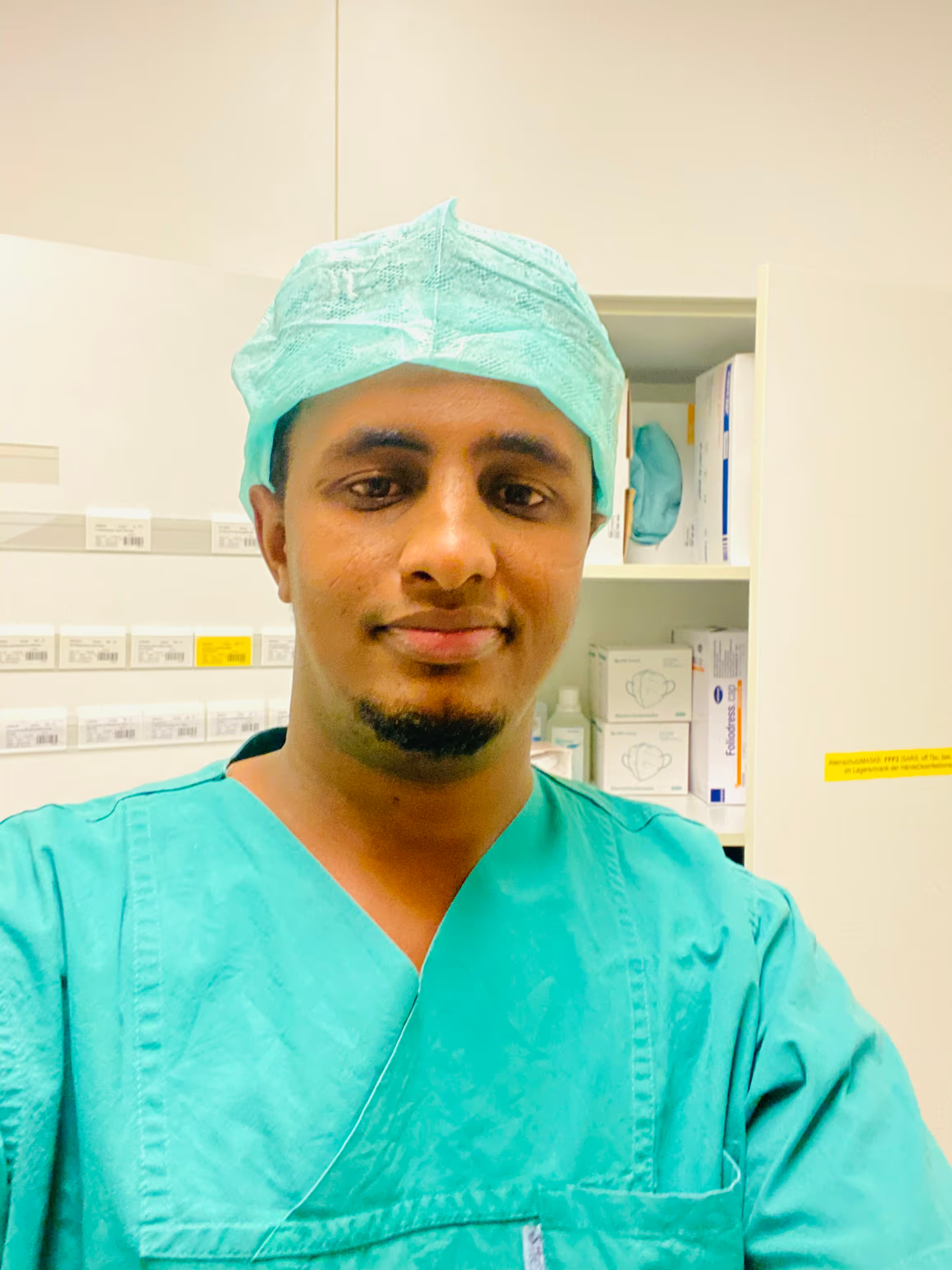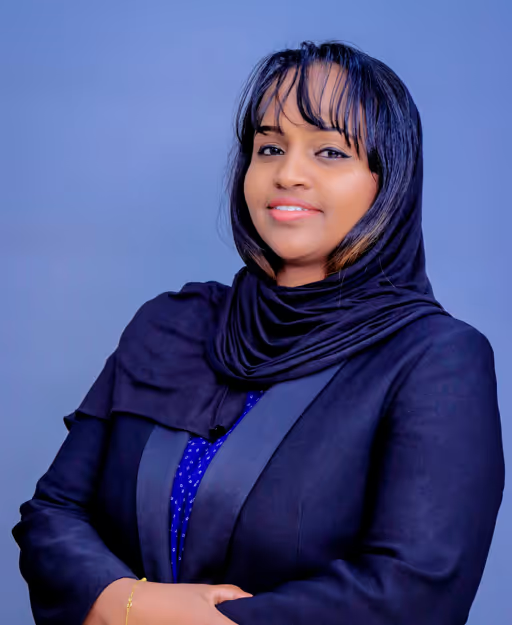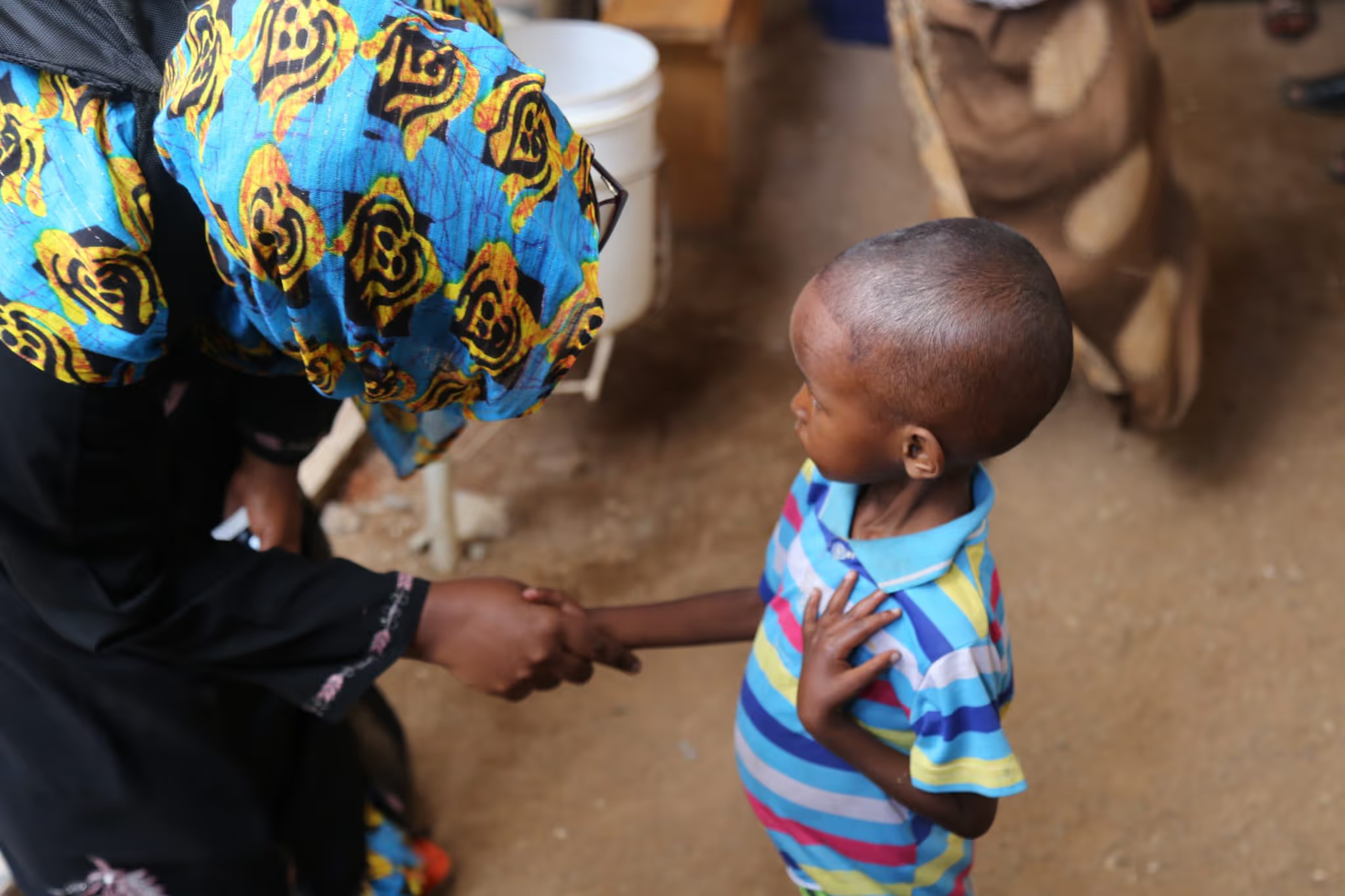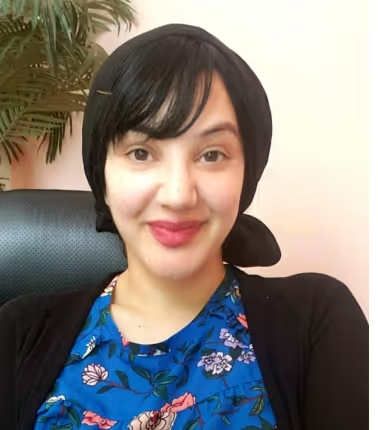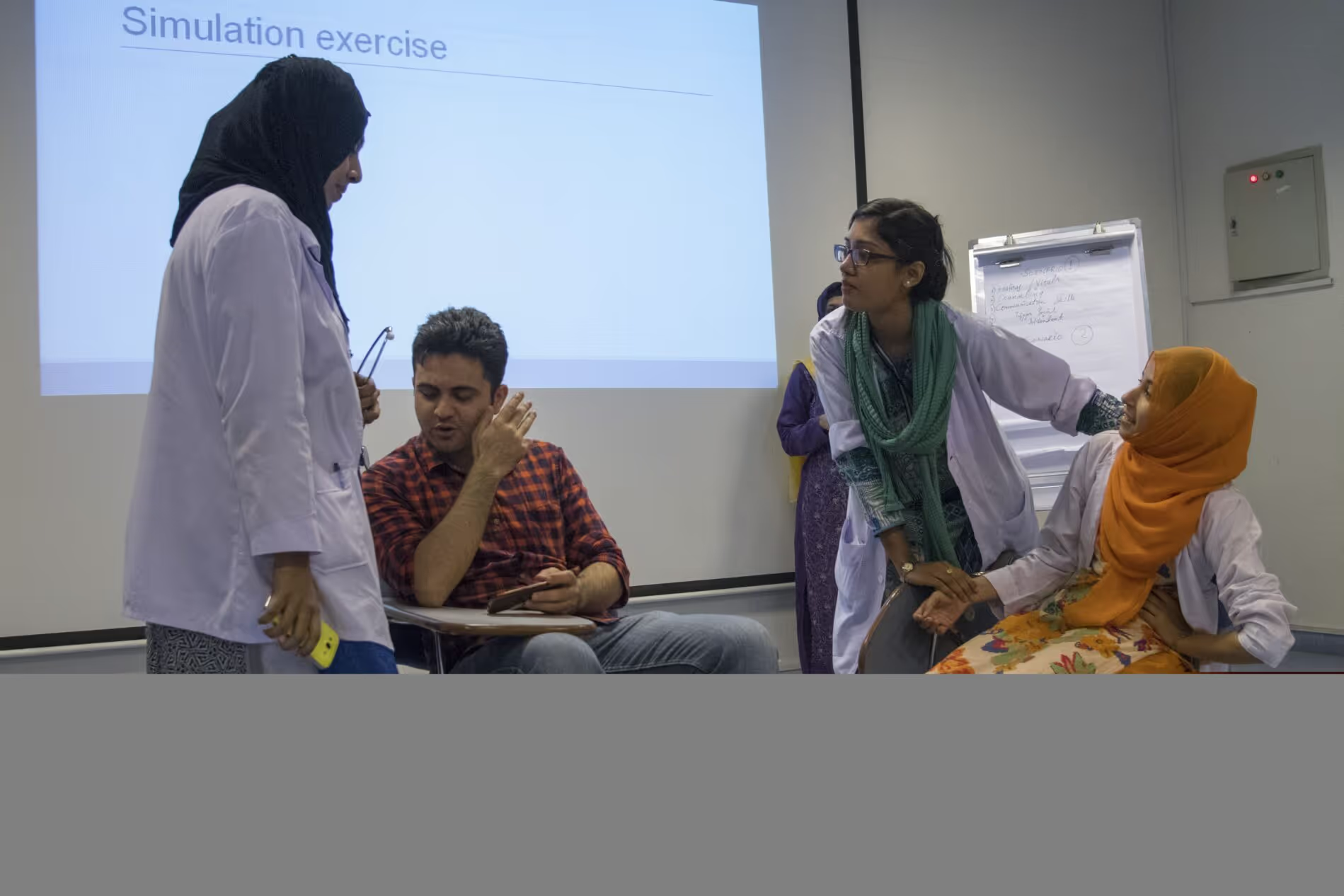Closing the knowledge gap in paediatric surgery: An implementation science approach using the SPACES-ECHO programme
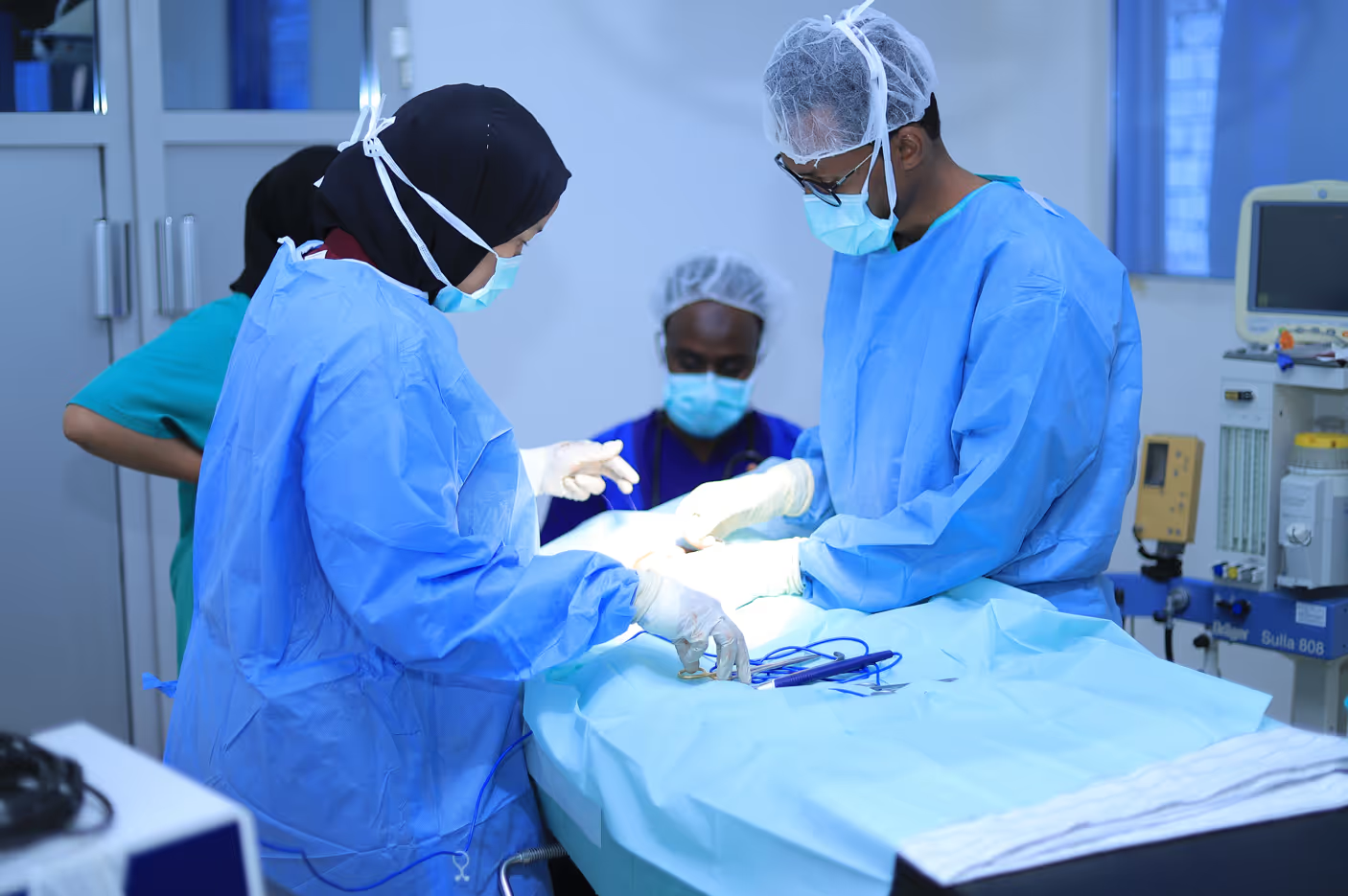
Project overview
Evaluating the impact of the ECHOâ„¢ tele-health Model across five hospitals in Somaliland to support the surgical workforce and improve clinical outcomes of children living with burns and pyloric stenosis in this humanitarian context.
Countries
Somaliland
Organisations
The London School of Economics and Political Science
Partners
Somaliland Ministry of Health Development, Amoud University, MAS Children Teaching Hospital (ECHO-Hub), Gabiley Hospital, Borama Hospital, Berbera Hospital, Erigavo Hospital, Las Anod Hospital, Burco Hospital (ECHO-Spokes), Population Services International, Royal College of Surgeons of England
Area of funding
Humanitarian Research
Grant amount
£499,181.00
Start date
01
April
2023
End date
01
December
2024
Project length (in months)
20
Funding calls
Focus areas
No items found.
Topics
No items found.
Status
Live
Project solution
This project offers [specific solution or intervention] to tackle [challenge]. By implementing [strategies, tools, or innovations], the project aims to achieve [desired outcomes]. The approach is designed to [specific actions or methods] to bring about meaningful change in [community, region, or issue area].
Expected outcomes
This project aims to achieve [specific outcomes], such as [measurable results, improvements, or changes]. The expected impact includes [benefits to the target community, advancements in research or innovation, or long-term effects]. By the end of the project, we anticipate [specific changes or milestones] that will contribute to [broader goals or objectives].
Principal Investigator: Dr Rocco Friebel
Purpose
The absence of paediatric surgeons represents a key barrier to the provision of safe and accessible surgical care for children in Somaliland.
SPACES-ECHO aims to assess whether paediatric surgical care can be strengthened through the adoption of the ‘Expanding Community Healthcare Outcomes’ (ECHOâ„¢) model for sustainable community-based tele-learning, knowledge transfer and exchange. This programme, running from April 2023, will target children with burns and pyloric stenosis. It will be implemented across seven healthcare facilities in Somaliland, comprising one ECHO-Hub (the only paediatric referral centre in the country) and six ECHO-Spoke district hospitals.
By connecting specialist and non-specialist providers of paediatric surgical care, SPACES-ECHO will contribute to capacity building efforts among the existing healthcare workforce and support Somaliland’s National Vision 2030. The ECHO Model will be leveraged to increase the knowledge and skills of non-surgically trained healthcare workforce and improve clinical outcomes of children with burns and pyloric stenosis.
Findings from this research project will contribute to shaping key targets for children’s surgery defined in Somaliland’s NSOAP 10-Year Action Plan.
Expected Outcomes
In order to strengthen delivery of paediatric surgery in Somaliland through implementation of the ECHO Model, the following outcomes must be achieved:
- Increase in the knowledge and skills of the surgical workforce across the ECHO-Hub and ECHO-Spokes hospitals.
- Healthcare professionals’ satisfaction with the SPACES-ECHO programme.
- Step-changes in paediatric outcomes of children undergoing surgery for burns and pyloric stenosis in the intervention hospitals.
A mixed-methods developmental, process and outcome evaluation has been selected to determine the impact of SPACES-ECHO. Focus groups will highlight the strengths and opportunities of SPACES-ECHO and ensure that it is tailored to healthcare workers and patients’ needs. Quantitative research methods (including survey methodology and an interrupted time-series analysis) will be adopted to quantify the effectiveness of the intervention.
The evaluation of SPACES-ECHO will be led by local researchers from Amoud University, with training and support by the Global Surgery Policy Unit team.
No items found.
Project delivery & updates
Stay up to date with the latest developments from this project. Here, you will find details on what has been delivered, resources created, and regular updates as the project progresses. Access key documents, reports, and other materials to see how the project is making an impact.
No resources/updates have been published yet for this project. Sign up for our newsletter to stay informed about upcoming publications and updates!
Join our Newsletter
Resources
No items found.
Latest updates
No items found.
